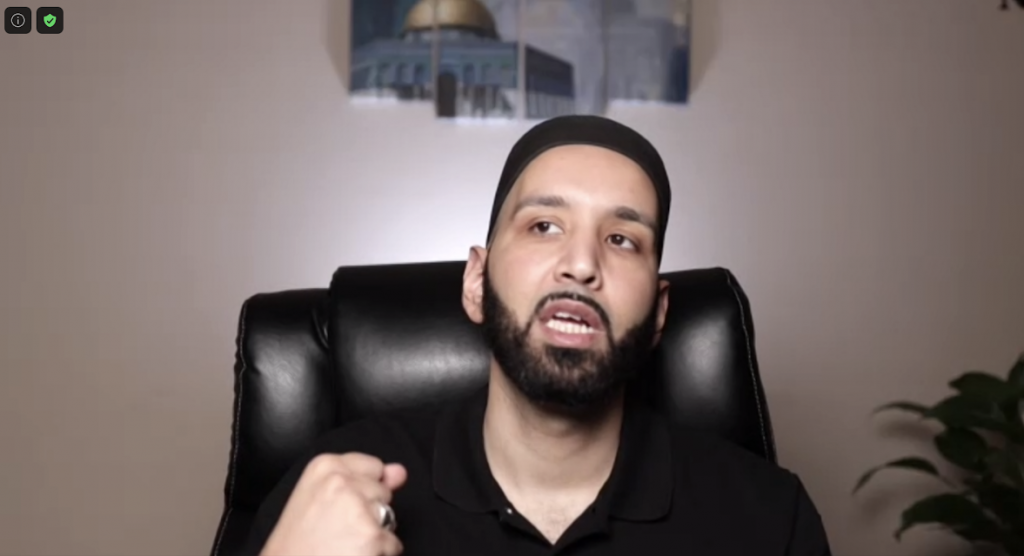As a Sunni imam, Omar Suleiman, who completed doctoral studies in Islamic Thought and Civilization, balances issues of faith, culture and social unrest. Following the death of George Floyd, he advocated for a reckoning with American police brutality and drone strikes abroad.
By speaking at multiple webinars a week, Suleiman reaches a wide audience — even during the pandemic.
Suleiman discussed “Islam as an Anti Racist-Religion” with 45 virtual attendees as part of the seminar Religion and Common Good, organized by the University of Georgia Religion Department. Robert Foster and Josh Patterson co-hosted.
“Most people of religious faiths, some faiths, seem to think (racial justice) is a religious domain, and a discussion that should be had,” Patterson said.
Why It’s Newsworthy: Anti-racism has been around for decades, but its importance only solidified for general audiences this summer. As the issue evolves, new forms and new communities practicing anti-racism emerge. Muslims in America can approach anti-racist work through the lens of their faith.
Suleiman cites the Prophet Muhammad’s behavior in the Quran to show Islam is an anti-racist religion.
Oppression of First Muslims
According to Suleiman, some of the first companions of the Prophet Muhammad were Black, poor or ostracized. They rejected classism and racism, and they united under the oneness of humanity.
“Islam resonates with the marginalized,” Suleiman said.
A Black man, Bilal, was tortured for becoming one of the first Muslims. The Prophet Muhammad appointed Bilal as the first to stand at Mecca and lead prayer.
Suleiman admits there is no call for the abolition of slavery in the Quran, but he points to how followers of the Prophet Muhammad considered freeing slaves a holy act.
Islam’s Anti-Racist Scripture
“When it comes to the overt, there are numerous times where the prophet shuts down any representations of tribalism and of racism,” Suleiman said.
In the Quran, the first racist in Islam is the devil. He proclaims himself above any man. According to Suleiman, the story of the devil connects arrogance to disbelief in Islam.
Challenging Barriers in Society
The Prophet Muhammad also practices anti-racism at a societal level, according to Suleiman. He appointed Black people and people from lower tribes to positions of power.
“You see him chipping away at all these false forms of superiority and supremacy that had taken place in society,” Suleiman said.
A student asked Suleiman how to do anti-racist work during the discussion. He challenged young Muslims to have racial conversations in their communities.
“We had more discussions and Muslim community about race than we probably have ever had before,” Suleiman said of America’s reckoning with institutional racism following the death of George Floyd. “And that provides us an opportunity to really think about whether or not we are advocating properly for the issues of different racial groups and communities, you know properly or not. It’s important for people to be represented in the agenda of the Muslim community, not just be exoticized.”
Cecil McIntyre is a fourth-year majoring in political science in the Grady College of Journalism and Mass Communications at the University of Georgia.










Show Comments (2)
Robert Charles
It’s come at a price and initially it split the church… Not all because of diversity issues. It is thus not a description or interpretation of any particular religious thing, and it . We all would love to use this word to describe our worship experience.